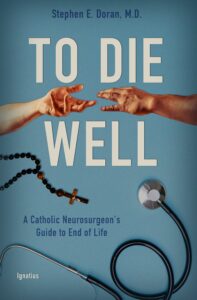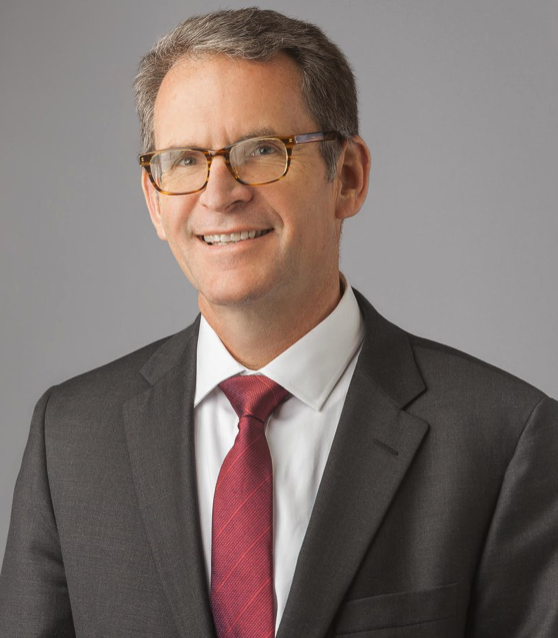Podcast: Play in new window | Download (Duration: 50:10 — 34.6MB) | Embed
Subscribe: Apple Podcasts | Spotify | Amazon Music | Android | Pandora | iHeartRadio | JioSaavn | Podchaser | Gaana | Podcast Index | Email | TuneIn | Deezer | Anghami | RSS | More

Episode 10 – Finding Hope Amidst Despair – The Final Journey with Dr. Stephen Doran, M.D.
In this episode, Dr. Stephen Doran and Kris McGregor discuss societal challenges like addiction and suicide, reminding us of the importance of compassion and hope. They discuss the pressures individuals face to meet societal standards and how this can lead to self-medication and addiction. Using personal examples, Dr. Doran and Kris tell us two stories of family members who self-medicated via alcohol addiction, but have two dramatically different outcomes: one ending in tragedy and the other ending with hope.
Dr. Doran then delves into the alarming rise in suicide rates, particularly among youth, attributing it to factors such as isolation and excessive screen time via social media. They explore the impact of technology on mental health, emphasizing the need for empathy and support for those struggling. Both Dr. Doran and Kris discuss the evolving Catholic perspective on suicide, emphasizing the importance of approaching individuals with compassion rather than judgment.
They highlight the evolving Catholic perspective on suicide, urging listeners to respond with compassion. Overall, the podcast advocates for approaching challenges with hope, faith, and community support.
Discerning Hearts reflection questions for this episode:
- Challenges in Society: How do societal pressures contribute to addiction and despair, particularly in the context of achieving a certain standard of living?
- Impact of Technology: Reflect on the effects of technology, especially smartphones and social media, on mental health and isolation, considering the addictive nature of constant information consumption.
- Understanding Suicide: Explore the Catholic perspective on suicide, acknowledging the lack of freedom often associated with mental illness and despair, and the need for compassion and empathy toward those affected.
- Call to Compassion: How can individuals and communities respond with compassion and support to those struggling with addiction, isolation, or thoughts of suicide?
- Embracing Hope: Discuss the importance of fostering hope in the face of despair, drawing on the teachings of faith and the example of Christ’s love for all.

You can find the book here.
From the book description:
Dr. Stephen Doran draws from his vast experience as a neurosurgeon, a bioethicist, and a permanent deacon to present the Catholic perspective on the art of dying well. The spiritual and moral issues related to death and the process of dying can be challenging and complicated. To Die Well provides a detailed yet readily understandable guide to these topics.
Each chapter begins with a story from Dr. Doran’s personal or professional life that not only provides context for the topic at hand but also gently draws the reader toward the personal realities of dying. The first part focuses on the moral issues that surround death and dying, including end-of-life medical decisions. The second part is devoted to the Catholic spiritual understanding of dying and the rites that accompany the death of a Catholic.
To Die Well will help readers contemplate, pray about, and prepare for the end of their earthly lives.
For more episodes in the series, visit The Final Journey: Insights from a Catholic Doctor and Neurosurgeon w/ Dr. Stephen Doran M.D. – Discerning Hearts Podcasts.
Stephen Doran, M.D., a board-certified neurosurgeon with over twenty-five years of experience, is an ordained permanent deacon and serves as the bioethicist for the Archdiocese of Omaha. His writings in bioethics, neurosurgery, and gene therapy for brain disorders have been widely published in national media outlets, academic journals, and neurosurgery textbooks. He is married with five sons. He co-founded Seeking Truth Catholic Bible Study with his wife, Sharon.


